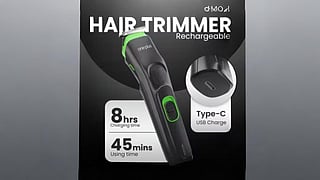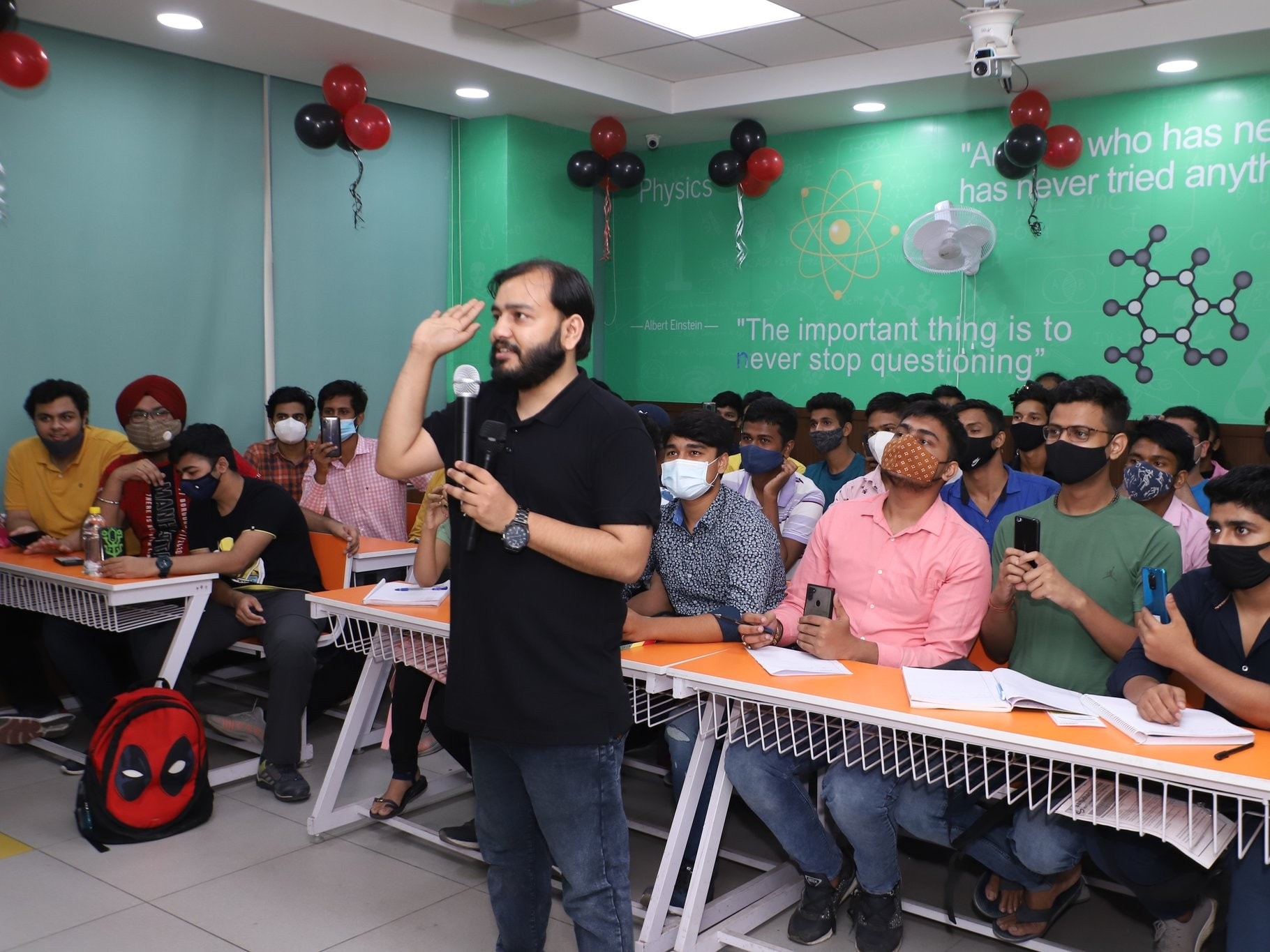Indian consumers are re-evaluating their retail choices and nearly half of them are switching to private labels, according to an EY report which highlights heightened consumer expectations of value, trust and relevance from their purchase experiences.
According to the latest EY Future Consumer Index (FCI) – India edition, the growing preference for private label products is transforming consumer perceptions, positioning store brands as the favoured alternative to traditional branded options.
The EY Future Consumer Index tracks changing consumer sentiment and behaviours across time horizons and global markets, identifying the new consumer segments that are emerging. The 15th edition of the EY Future Consumer Index surveyed over 1,000 consumers across India, between Jan. 24, 2025, to Feb. 20, 2025.
The report said the growing preference for private label products is transforming consumer perceptions, positioning store brands as the favoured alternative to traditional branded options.
It said 52% of consumers are switching to private labels, with 70% agreeing that these brands are increasingly providing better quality products. Around 70% of the consumers believe that private labels meet their needs just as effectively as branded products, it added.
"Even when brands turn to innovation and 'brand improvements' such as changing ingredients or formulas to create more value, 34% of respondents perceive these efforts as cost-cutting measures rather than genuine innovation," it said.
Furthermore, 59% of consumers indicated that they only purchase branded products when they are on sale, prioritizing discounts over brand loyalty.
The EY report further said that retailers also appear to be responding to this shift, with 74% of consumers noticing more private label options where they shop and 70% observing more private label items positioned at eye level on store shelves. Additionally, a significant 69 per cent of consumers said that store brands and private labels help them save money.
Angshuman Bhattacharya, Partner and National Leader, Consumer Products and Retail Sector, EY-Parthenon said consumer behaviour has traditionally evolved in response to changing economic situations, but the current shifts appear to be more permanent.
Retailers are confidently launching private labels and allocating prime shelf space to them, while technology is enhancing the shopping experience by providing consumers with limitless options and the ability to compare products, he said.
"The rapid growth of private labels is further evidenced by the rising popularity of fresh, new brands among Indian consumers. At the same time, this presents established brands with both the opportunity and the imperative to deepen their connection with consumers and explore innovative ways to stay relevant," Bhattacharya added.
The report also noted that 47% of respondents expressed willingness to return to a branded product if it offers superior taste, quality or performance. Additionally, 44% of consumers indicated they would switch back to branded products for better value for money.
The EY report also reveals that artificial intelligence (AI) has emerged as a key shopping tool, with 62% of respondents making purchase decisions based on AI recommendations.
As many as 58% of consumers stated that AI has significantly enhanced their shopping experience.
 RECOMMENDED FOR YOU
RECOMMENDED FOR YOU

Jammu-Kashmir Bans Sale, Storage Of Smokeless Tobacco Product Cool Lip
 Oct 04, 2025
Oct 04, 2025

Metro Brands Gets 'Sell' From HDFC Securities On Stretched Valuations — Check Target Price
 Oct 01, 2025
Oct 01, 2025

'Buy' Page Industries Shares Maintains Motilal Oswal Despite Rich Valuations — Here's Why
 Oct 01, 2025
Oct 01, 2025

How an Indore Company is Using the 'Oneplus' Name to Sell Trimmers
 Aug 30, 2025
Aug 30, 2025


